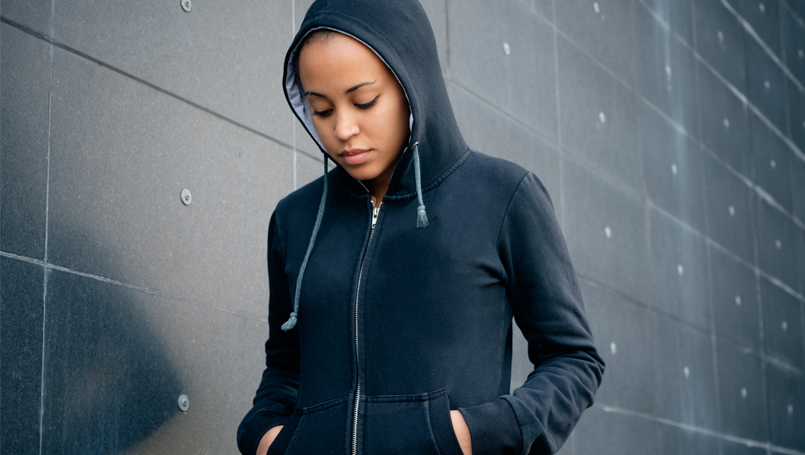
Getting ready for college doesn’t usually prompt thoughts about bullying, but unfortunately bullying behavior doesn’t end with high school.
While the characteristics of bullying are independent of age, there are some specific things to consider if bullying occurs at college:
- Students may feel more acutely isolated away from family and friends and unsure of who is trustworthy.
- They may be reluctant or embarrassed to ask for help at a time where they’re becoming more self-reliant.
- If they need help, they may not know where to go or whom to ask.
- Hazing may be accepted as normal behavior.
- Their living situation may not feel safe.
- They may be unclear if the school will intercede if cyberbullying occurs.
All of these issues can exacerbate the impact of being bullied, including feelings of helplessness.
Parents should discuss the possibility of bullying at college and encourage their child to talk with them if it occurs. Students may worry their parents will try to intervene, so reassurances in this regard should be given, except if there is any concern about danger.
Reviewing the school’s bullying policy/protocol before they matriculate can provide beneficial and empowering information. Once school starts, parents should be on the lookout for changes in behavior, demeanor, grades, and socializing. In addition, physical and mental health complaints including headaches, stomachaches, changes in eating and sleeping patterns, anxiety, depression, substance use should prompt concern about the underlying cause.
If bullying does occur, students should thoroughly document what happens so there is a record available when reported. Once reported, there should be a clear plan of action established and follow-up scheduled.
Discussing the situation with a trusted advisor, professor or coach can provide needed support.
Of note, unfamiliarity with the dynamics of bullying may give way to well-intended but misguided advice; therefore cross-checking recommendations with reputable websites (ex. stopbullying.gov, cyberbullying.org) or experts may be warranted.
For example, ignoring bullying has never been shown to make it stop. Students should be wary of any proposed meeting or mediation with the perpetrator - this is not recommended secondary to the power imbalance that occurs with bullying and can cause further harm. Resources or referrals for counseling or medical evaluation will be available at student health centers.
Thinking about bullying at college is unpleasant, but taking the time to discuss the possibility, research a school’s policy, and consider scenarios, could make all the difference if bullying occurs.
Information provided by Marlene Seltzer, M.D., medical director of Beaumont Children’s No Bullying, Live Empowered (NoBLE) program.
